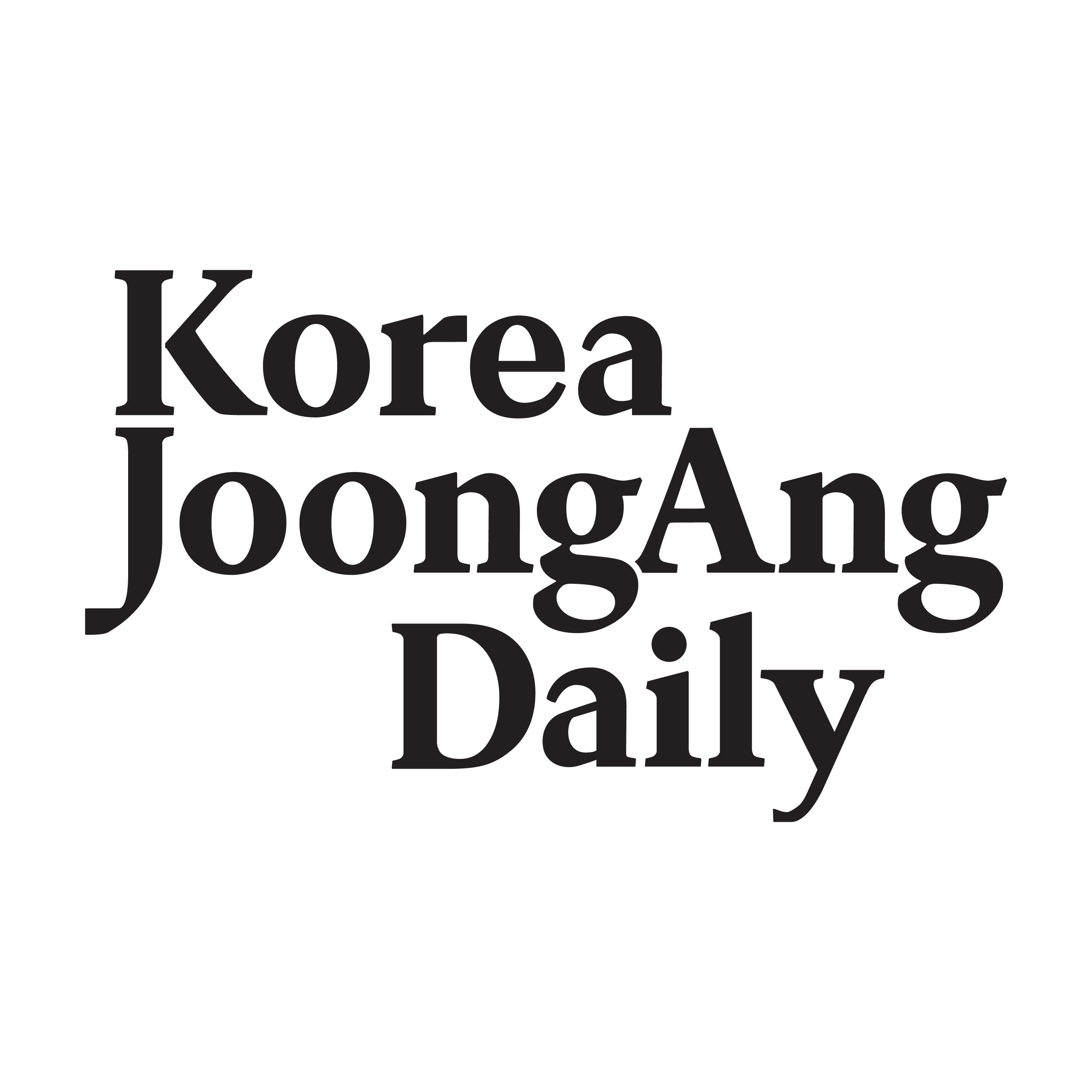Listen "Department stores bet bigger on 'cultural centers' to keep customers longer "
Episode Synopsis
This article is by Kang Ki-heon and read by an artificial voice.
Korea's major department stores are ramping up investments in their cultural centers, expanding academy-style spaces that offer classes and workshops in a bid to keep customers longer and stand out from rivals.
Cultural centers - a longstanding feature of Korean department stores - provide lessons in art, cooking, wellness and traditional culture. The renewed focus marks what industry officials call "round two" of retail competition, following the food-hall boom that has dominated recent years.
While these academies generate far less revenue than food halls - which contribute roughly 5 percent of total sales - they play a key role in driving foot traffic and strengthening customer engagement.
"Customers come for a class and then browse the sales floor or grab something to eat before or after," a department-store executive said.
Shinsegae Department Store's flagship branch in central Seoul reopened its academy on Sept. 27 following renovations. Located on the ninth floor of the nearby MESA building, the newly refurbished academy spans 990 square meters (10,656 feet), about 50 percent larger than before.
The entire floor is now dedicated to the cultural center to give customers a full-scale experience. The center's renewal caps off nearly a year-long remodeling project that also included updates to the food hall and luxury brand floors.
With the space upgrade completed, the program lineup also expanded significantly.
"We aim to position the academy as a K-culture heritage space that integrates history, culture, education and shopping," a Shinsegae Department Store official said. "We have built industry-leading educational infrastructure."
The store also introduced K-culture classes for foreign residents and tourists, with programs such as tea ceremonies rooted in the royal court and royal-court cuisine.
Lotte Department Store is focusing on attracting younger customers in their 20s and 30s via its cultural center. Starting this fall, the store increased art-class offerings by 30 percent, citing rising demand among younger age groups for interactive content.
In line with this trend, the store launched programs such as tour classes led by museum docents in which participants view artwork together.
"Enrollment for art classes more than doubled in the first half of the year, so we expanded further for fall," a Lotte Department Store spokesman said.
The three major chains also launched workplace-tailored culture-center programs. Hyundai Department Store at The Hyundai in Yeouido, western Seoul, will run one-day outdoor run classes with professional coaches this fall and launch lunchtime cooking and baking courses for office workers.
This cultural-center competition highlights how offline retail spaces are being redefined as experiential venues rather than mere transaction zones.
"Stores like department stores are evolving from sales- and transaction-oriented spaces to places for brand experience and customer service," said Jeong Yeon-seung, dean of the Graduate School of Business at Dankook University. "This competition around cultural centers is an extension of that trend.
Once customers become accustomed to a specific service, they tend to stick with it - a phenomenon known as the "lock-in effect" that supports loyalty-based strategies behind the cultural-center race.
This article was originally written in Korean and translated by a bilingual reporter with the help of generative AI tools. It was then edited by a native English-speaking editor. All AI-assisted translations are reviewed and refined by our newsroom.
 ZARZA We are Zarza, the prestigious firm behind major projects in information technology.
ZARZA We are Zarza, the prestigious firm behind major projects in information technology.
